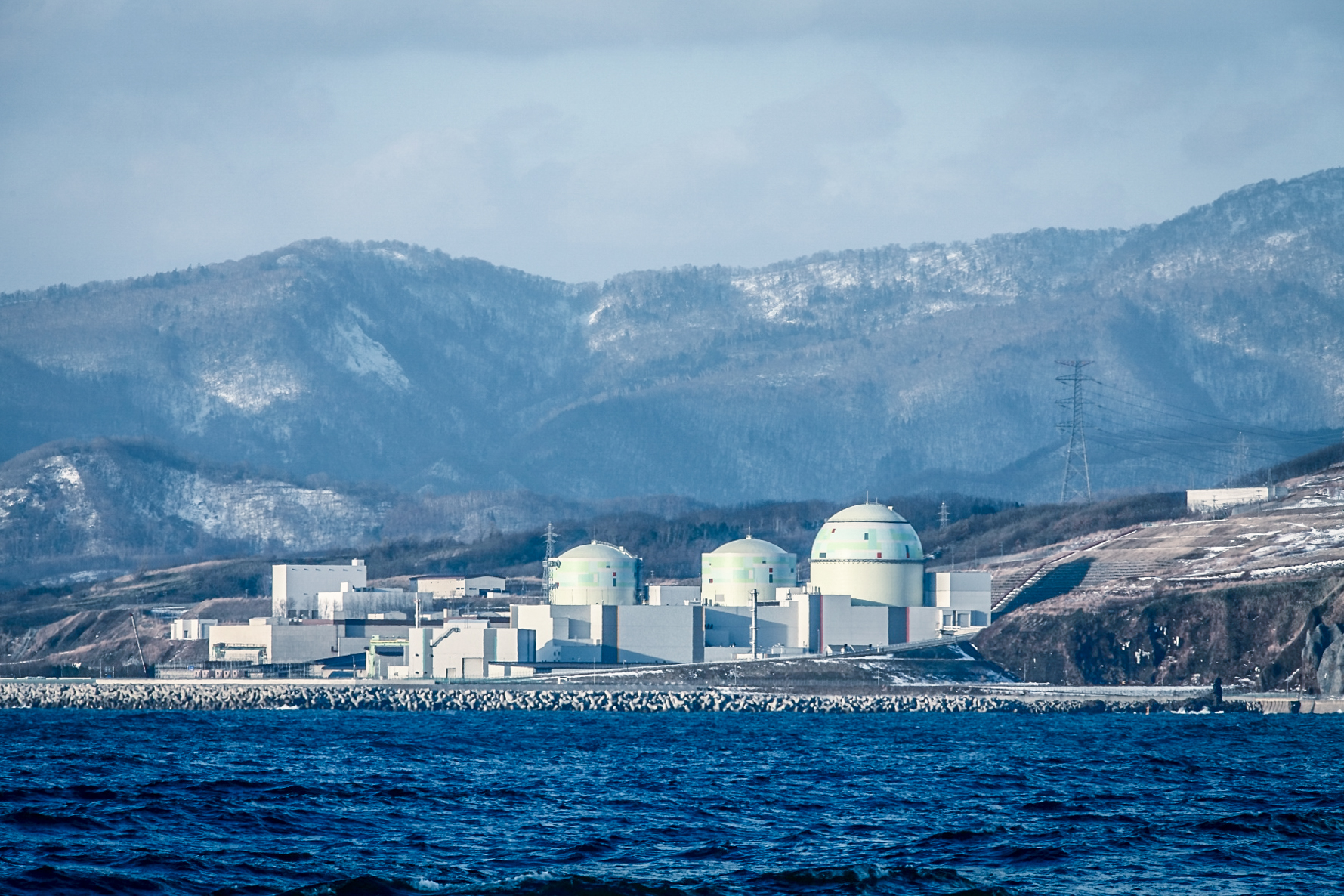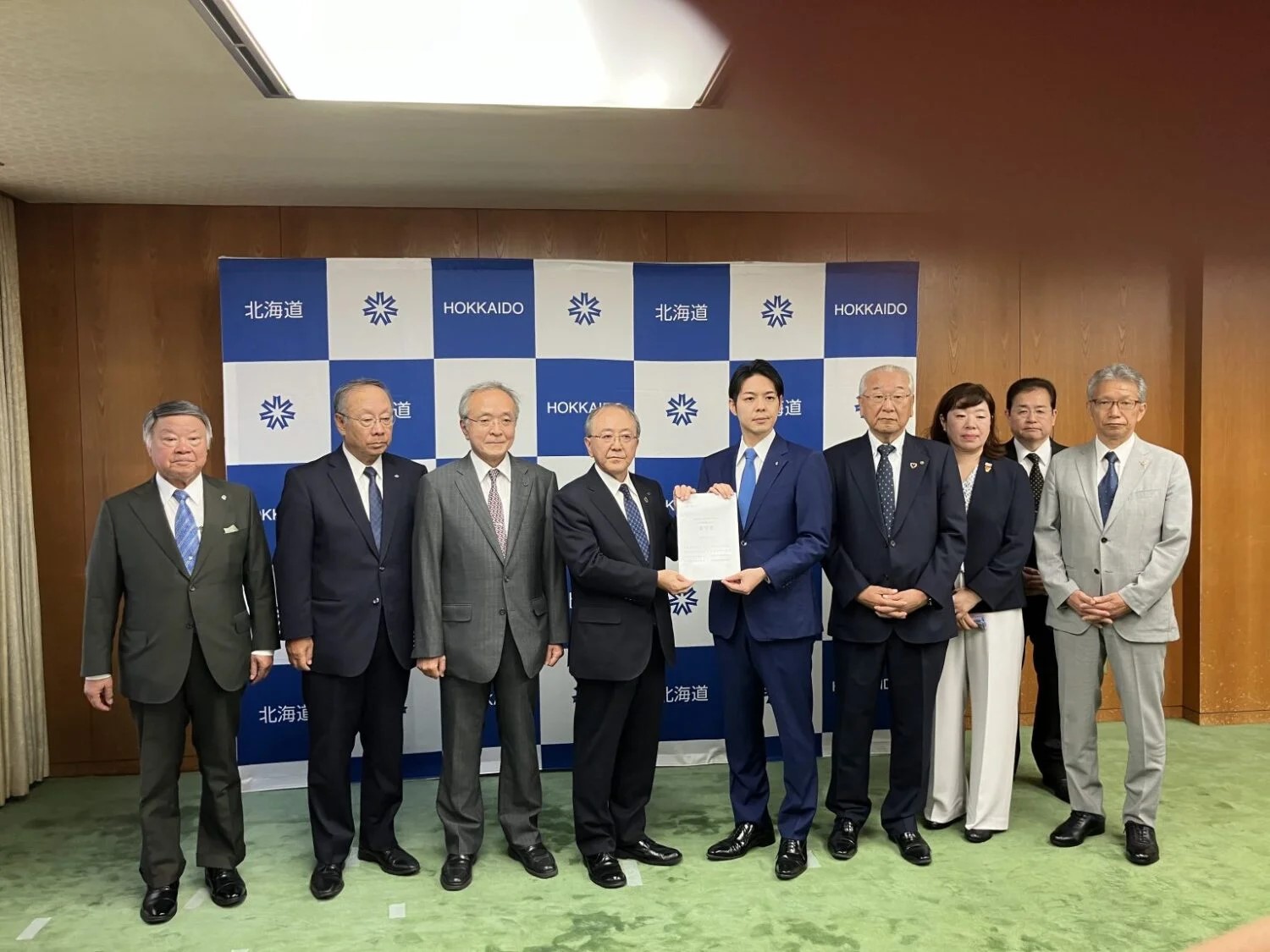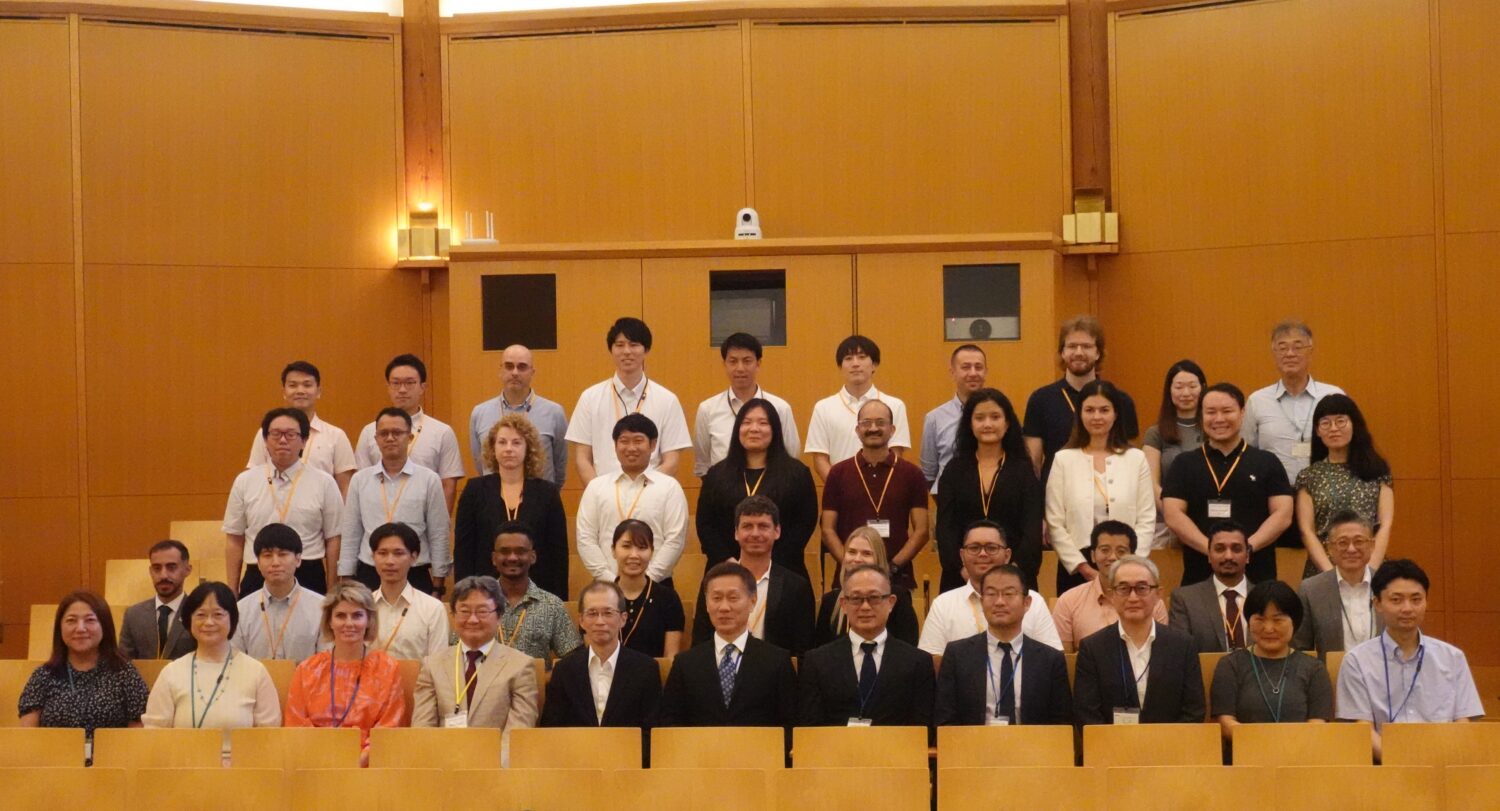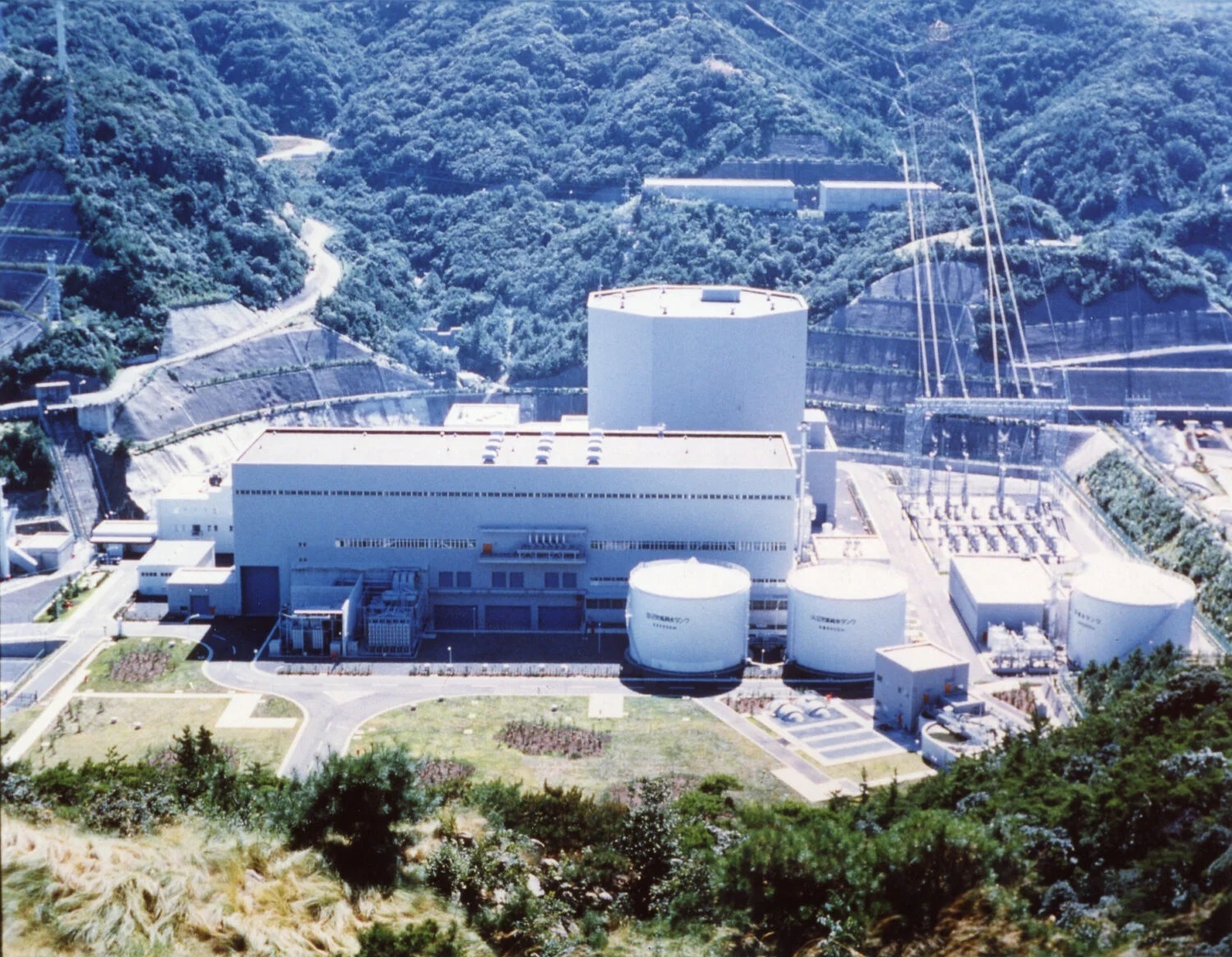The two units in Satsumasendai City, Kagoshima Prefecture, are owned and operated by the Kyushu Electric Power Co. In March, in contrast, the Otsu District Court issued an injunction prohibiting operation of the Takahama-3 and -4 NPPs, owned and operated by the Kansai Electric Power Co. (Kansai EP), in Fukui Prefecture. The decision this time means judicial opinions are split.
After the accident at TEPCO’s Fukushima Daiichi NPPs in March 2011, operation of all NPPs in Japan was suspended. After clearing an examination by the Nuclear Regulation Authority (NRA) of compatibility with the new regulatory standards requiring a tightening of safety measures, the Sendai NPPs were restarted in August 2015, ahead of the others.
The points in dispute at the appeal hearing were (1) anti-earthquake measures, (2) effects of volcanoes, and (3) effectiveness of evacuation plans, in addition to the rationality of the regulatory standards themselves.
The decision today found the regulatory standards rational, saying they were issued incorporating the lessons of the accident at the Fukushima Daiichi NPPs. As for standard ground motion (Ss) – the maximum tremors from an earthquake assumed in aseismic design – the Court noted that the NPPs were designed taking regional characteristics into consideration and that it cannot be said that standard ground motion was underestimated.
Regarding volcanic effects and evacuation of plants, the Court again recognized the NRA’s decision as appropriate, and concluded that there was “no fear of violating residents’ human rights by operation of the reactors.”
In April 2015, the Kagoshima District Court rejected a request for a temporary injunction by a group of local anti-nuclear residents and the anti-nuclear group filed an immediate appeal. The appeal hearings were concluded after two sessions.
The Kyushu Electric Power Co. released a comment stating: “The decision recognizes our argument that the safety of the Sendai NPPs is secured, and is appropriate.”
At a press conference, Japan’s Chief Cabinet Secretary Yoshihide Suga said: “The government’s stance remains the same: that NPPs whose compatibility with the new regulatory standards – among the strictest in the world – is confirmed, will be restarted with local understanding.”
Because the appeal was rejected, Kyushu Electric Power, should, through continued operation of the Sendai-1 and -2 NPPs, be able to improve its profitability, and it is likely that the company will post a net profit in March 2016 after five years of net losses. If its Genkai-3 and -4 NPPs in Saga Prefecture, for which the NRA’s examinations are in the final stage, are restarted, the company’s financial position should further improve to the point where it can embark on a reduction of power rates.


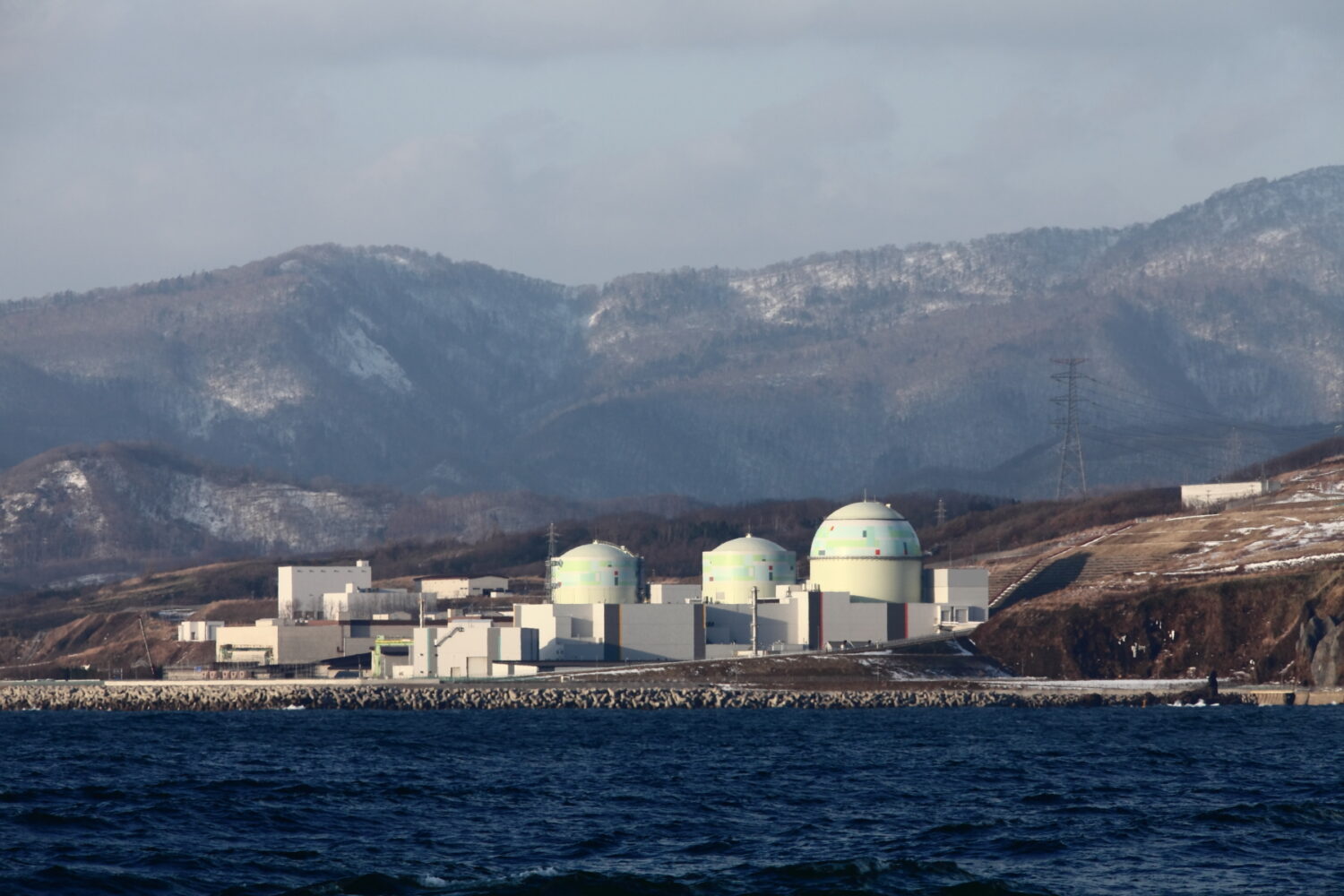
-049.jpg)
.jpg)

